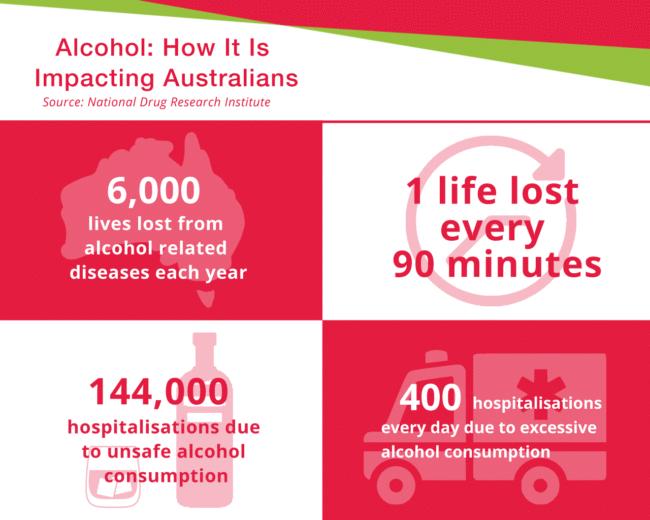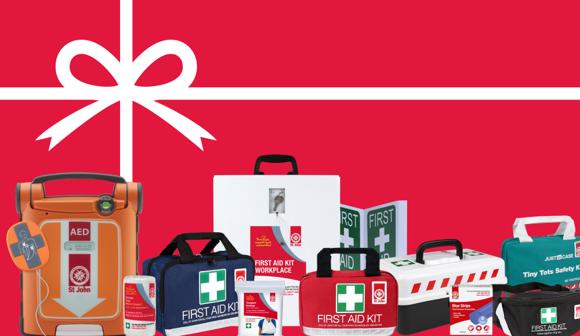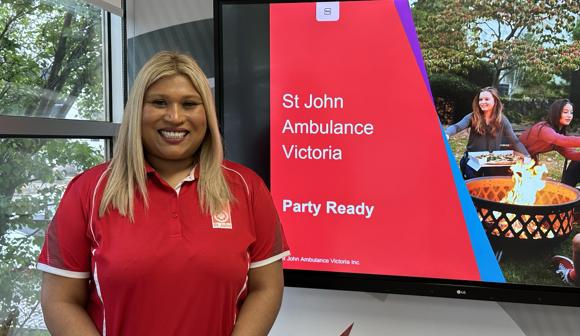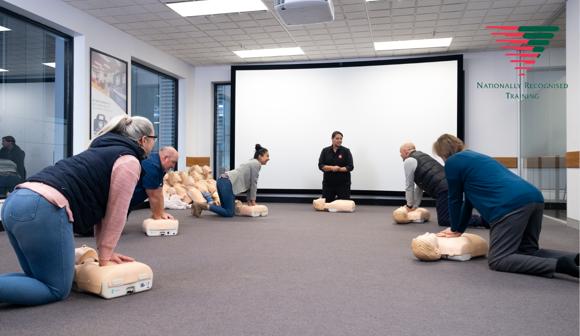Be Prepared This Silly Season – Know Your Alcohol Overdose First Aid

At the end of a year, it’s only natural for people to want to let their hair down, relax, and unwind whilst enjoying an alcoholic beverage or two and why not – you’ve earnt it! But, it’s important to remain aware of your alcohol intake and the alcohol consumption of those around you. Sometimes the comradery or peer pressure can influence people to the state of oblivion or worse – hospitalisation.
Learn how to recognise your alcohol limits and how to provide alcohol overdose First Aid to others to ensure you and those you love are safe this festive season.
Alcohol Overdose In Australia
It’s no secret – Australians love to drink and most of the time it can be a healthy social experience. But sometimes people misuse the substance and the occasion suddenly turns sour. Here’s a snapshot of the impact alcohol misuse has on Australians:

What Is Alcohol Overdose?
Alcohol overdose or alcohol poisoning is caused by excessive consumption of alcohol, often over a short period of time. Generally, a person’s liver can process one standard alcoholic drink per hour and if you are consuming more than this the liver will redirect the alcohol throughout your body, increasing your blood alcohol concentration (BAC) level. If alcohol consumption continues above the recommended safe intake rate your BAC can reach a toxic level causing you to suffer an alcohol overdose.
Even once you have recognised that you need to cease your alcohol intake your BAC levels will continue to rise. Why is this a problem? Alcohol is a depressant which means it causes bodily functions to slow down. This can include a reduction in consciousness, heart functionality, blood pressure and respiration. If the alcohol intake reaches a fatal level the BAC levels can result in these functions shutting down, causing an alcohol overdose. When this occurs, it is critical that alcohol overdose First Aid is provided.

Signs and Symptoms
If you see someone displaying the following signs and symptoms its critical that you provide alcohol overdose First Aid. Remember, a person does not need to be displaying all the signs and symptoms to be suffering an alcohol overdose.
- Vomiting
- Discoloured skin (pale, blue)
- Hypothermia or decrease in body temperature
- Unconsciousness
- Confusion
- Irregular breathing
- Loss of co-ordination
- Seizing
Alcohol Overdose First Aid
- Follow DRSABCD
- Call triple zero (000) for an ambulance
- Remain calm and provide reassurance
- Move the person to a safe, quiet space
- If the person is still conscious ask questions to provide insight to medical professionals:
- What did they drink?
- How much did they drink?
- Over what time period have they been drinking?
- Do they have any medical conditions?
- If the person is unconscious but a friend/family member is present, ask them for the above information
- Monitor and record condition
- If the casualty has vomited, collect a sample to provide for medical testing
- Keep substances or containers so medical professionals have a clear indication of what has been consumed
Long Term Effects Of Alcohol Overdose
An alcohol overdose can have severe consequences if the casualty is not promptly provided alcohol overdose First Aid. This can include:
- Kidney damage
- Liver damage
- Lung damage
- Brain damage
Alcohol Overdose Prevention
The golden rule to avoid alcohol overdose is to drink responsibly. Be aware of how many drinks you are consuming and do not exceed the recommended maximum limit of one standard alcoholic drink per hour. If you are drinking socially, ensure you and your friends have the most enjoyable experience possible by:
- Not exceeding one standard drink per hour
- Eating before and whilst consuming alcohol
- Drink water in between alcoholic beverages to remain hydrated
- Allocate a ‘buddy system’ where you are assigned a partner who monitors your alcohol intake, keeping you accountable

ST JOHN E-GIFT CARDS
First aid E-Gift Cards are more than a present - they're a way to build confidence, stay prepared, and maybe even save a life.

PARTY READY
The Party Ready program helps young people keep each other safe at parties and social gatherings.

PROVIDE FIRST AID
Learn how to manage a range of common first aid scenarios.
